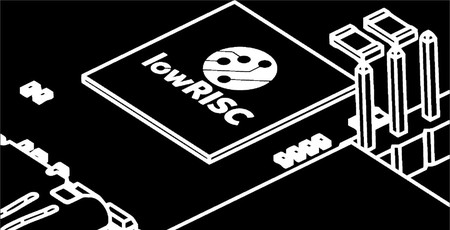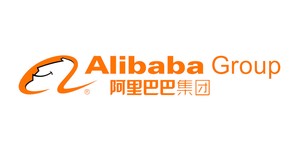Google has announced it is increasing its presence in the world of free and open source silicon (FOSSi), extending its partnership with the lowRISC project.
Unlike proprietary processors, the design and instruction set architecture (ISA) for which are kept behind a typically expensive licence wall, free and open source silicon (FOSSi) does what it says on the tin: Projects like RISC-V provide both the ISA and key implementations under permissive licences, allowing anyone to use, modify, distribute, and commercialise the technology without a single license or royalty payment - including, in many cases, the ability to create a proprietary implementation, should they so choose.
Following on from the news that it was a founding member of the Linux Foundation's CHIPS Alliance, an industry group set up to 'host and curate high-quality open source code relevant to the design of silicon devices', Google has now announced that it is extending its existing partnership with the lowRISC project to include additional funding, support, and the appointment of two Google staffers as board members on the project.
'Google has encouraged and supported lowRISC since the very start. They clearly share our optimism for what open source hardware can offer and our community-driven vision of the future. We are excited by the expanding open source RISC-V ecosystem and look forward to lowRISC community IP being deployed in the real world,' says Alex Bradbury, co-founder and director of lowRISC. 'We believe lowRISC can act as an important catalyst for open source silicon, providing a shared engineering resource to ensure quality, provide support and help to maintain IP from a range of partners.'
'We have long supported lowRISC's mission of transparently implemented silicon and robust engagement of the open source silicon community, providing funding, advice, and recognising their open source community leadership by selecting them as a Google Summer of Code mentoring organisation,' add Google's Parthasarathy Ranganathan and Dominic Rizzo, distinguished engineer and open silicon technology lead respectively, in a joint statement. 'Similar to the benefits of open source software, we believe our users will derive great outcomes from open source silicon. Besides enabling and encouraging innovation, chip designs derived from a common, open baseline will provide the benefit of implementation choice while still guaranteeing software compatibility and a set of common interfaces. With regards to security, the transparency of an open source approach is critical to both bugfinding and establishing implementation trustworthiness.'
While Google has supported lowRISC in the past, the company's new partnership is significantly more hands on: Dominic Rizzo and Ronald Minnich have been appointed to the lowRISC board as corporate directors, alongside Professor Luca Benini from ETH Zuric who brings with him the zero-riscy two-stage RISC-V implementation. Development of zero-riscy, the not-for-profit organisation has confirmed, will continue under the codename Ibix. LowRISC has also confirmed that it plans to significantly expand its engineering team, listing a range of positions at its Cambridge headquarters.
More information on lowRISC is available on the official website.

MSI MPG Velox 100R Chassis Review
October 14 2021 | 15:04









Want to comment? Please log in.